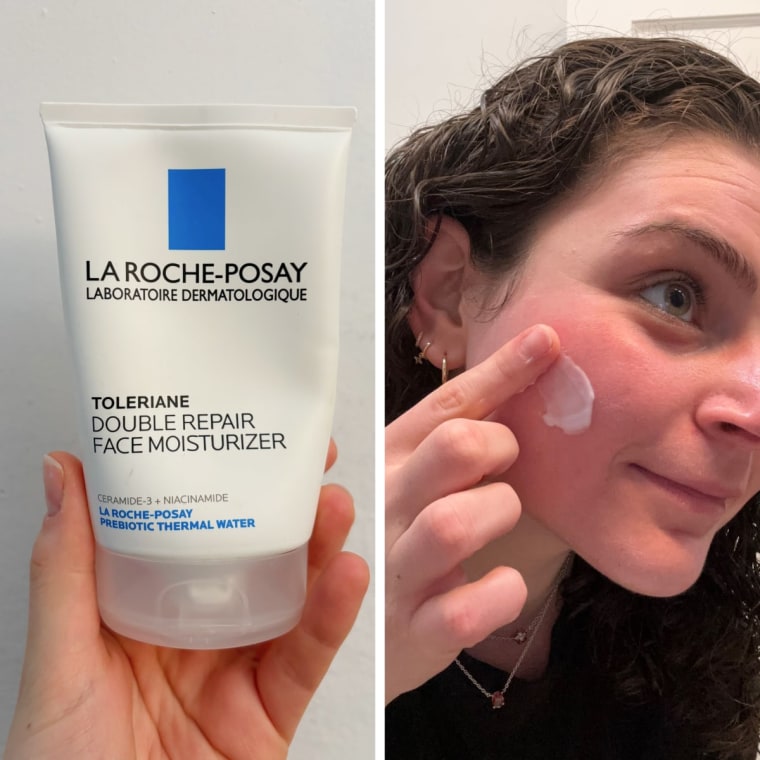News Blast: Your Daily Update
Stay informed with the latest news and trends.
Moisturizer Mysteries: What Your Skin Is Really Thirsty For
Uncover the secrets of moisturizer: discover what your skin truly craves for hydration and radiance! Dive into the truth today!
Unveiling the Secrets: What Ingredients Make the Best Moisturizer for Your Skin?
When it comes to choosing the best moisturizer for your skin, understanding the key ingredients is crucial. A great moisturizer should include humectants such as glycerin and hyaluronic acid, which attract moisture to the skin, keeping it plump and hydrated. Additionally, emollients like shea butter and jojoba oil play a vital role in softening the skin and creating a protective barrier against environmental stressors. Finally, incorporating occlusives such as petrolatum or beeswax can help to seal in moisture, making sure that hydration lasts throughout the day.
To find the perfect moisturizer for your unique skin type, consider the following tips:
- Identify your skin type - Whether you have dry, oily, or combination skin, there's an ideal formulation tailored for you.
- Pay attention to ingredient labels - Opt for products that highlight quality ingredients over fillers.
- Look for fragrance-free options - If you have sensitive skin, it's best to avoid potential irritants.

Hydration 101: How to Identify Your Skin's Unique Moisture Needs
Understanding your skin's unique moisture needs is crucial for maintaining a healthy and radiant complexion. Hydration plays a vital role in the overall health of your skin, and recognizing how to identify these needs can transform your skincare routine. Start by assessing your skin type: is it dry, oily, or combination? Each type has distinct characteristics that determine its moisture requirements. For instance, dry skin often feels tight and may show signs of flakiness, while oily skin may appear shiny but still require hydration to prevent excessive oil production.
To identify your skin's moisture needs, pay attention to how your skin reacts to different environmental factors such as weather, humidity, and temperature. Hydration levels can fluctuate with the seasons, so it's important to adjust your skincare products accordingly. Consider keeping a skin journal to track your skin's condition and the products you use. This will help you pinpoint products that provide the best hydration for your unique skin type. Remember, proper hydration is not just about using moisturizers; it also involves incorporating hydrating ingredients like hyaluronic acid and glycerin for optimal results.
The Truth Behind Common Moisturizer Myths: What Works and What Doesn't
With an overwhelming amount of information available about skincare, it's easy to fall victim to common moisturizer myths. One prevalent misconception is that a thicker moisturizer is always better for dry skin. In reality, the effectiveness of a moisturizer depends more on its ingredients than its texture. Certain ingredients like hyaluronic acid and glycerin provide intense hydration without the heaviness of thicker creams. Understanding what works is crucial; for instance, some people may find lighter gels or lotions more beneficial for their skin without feeling greasy.
Another myth is that the more you moisturize, the better your skin will look. While hydration is essential, over-moisturizing can lead to skin barrier issues and clogged pores. What doesn't work is assuming that slapping on moisturizer multiple times a day will automatically resolve all skin problems. Instead, focus on choosing the right product for your skin type, and apply it at optimal times, such as after cleansing, to help lock in moisture. Educating yourself on these common misconceptions can go a long way in achieving healthy, balanced skin.